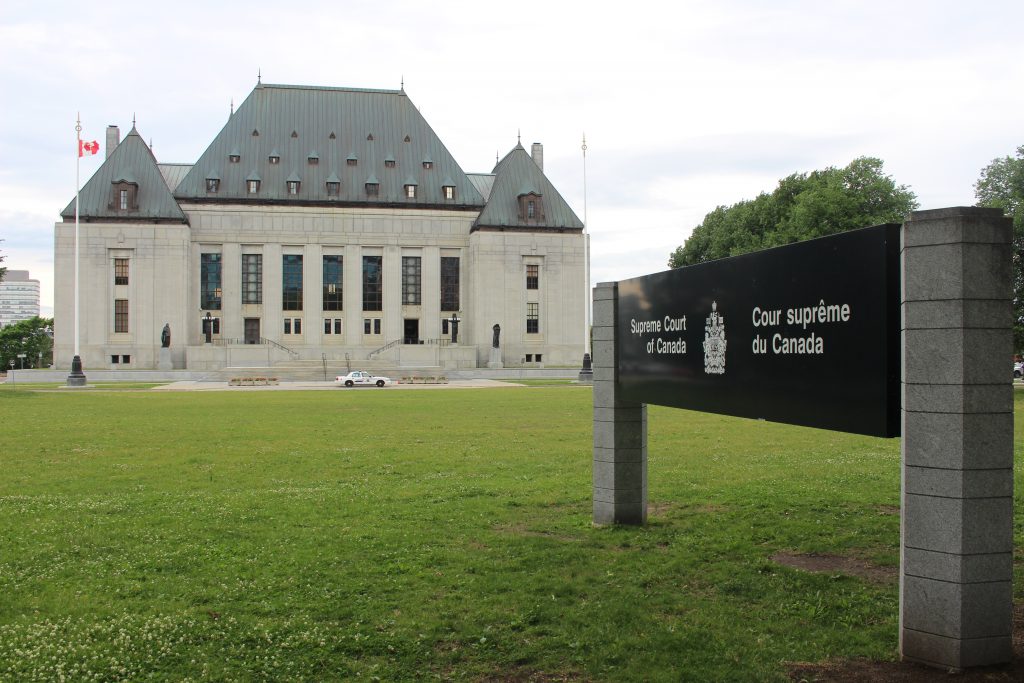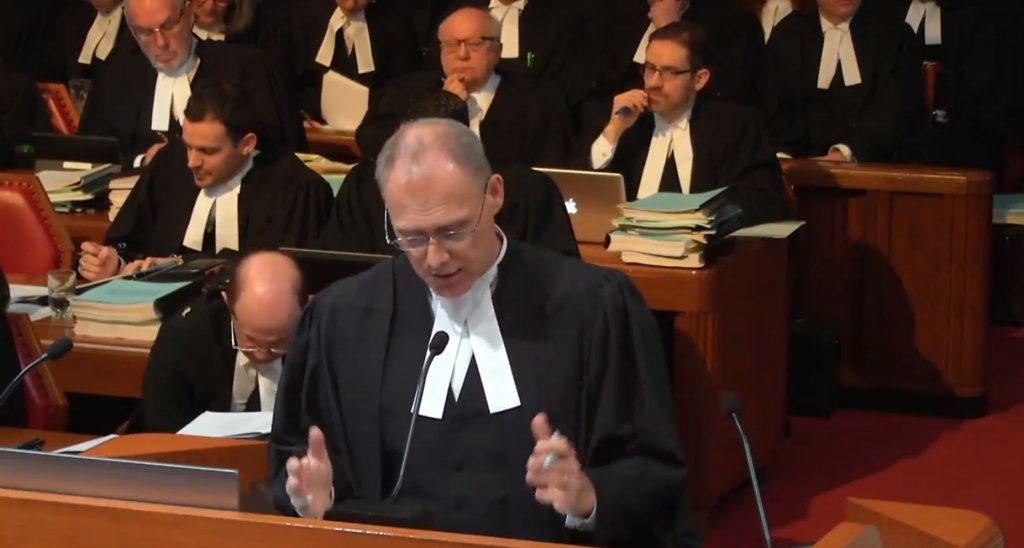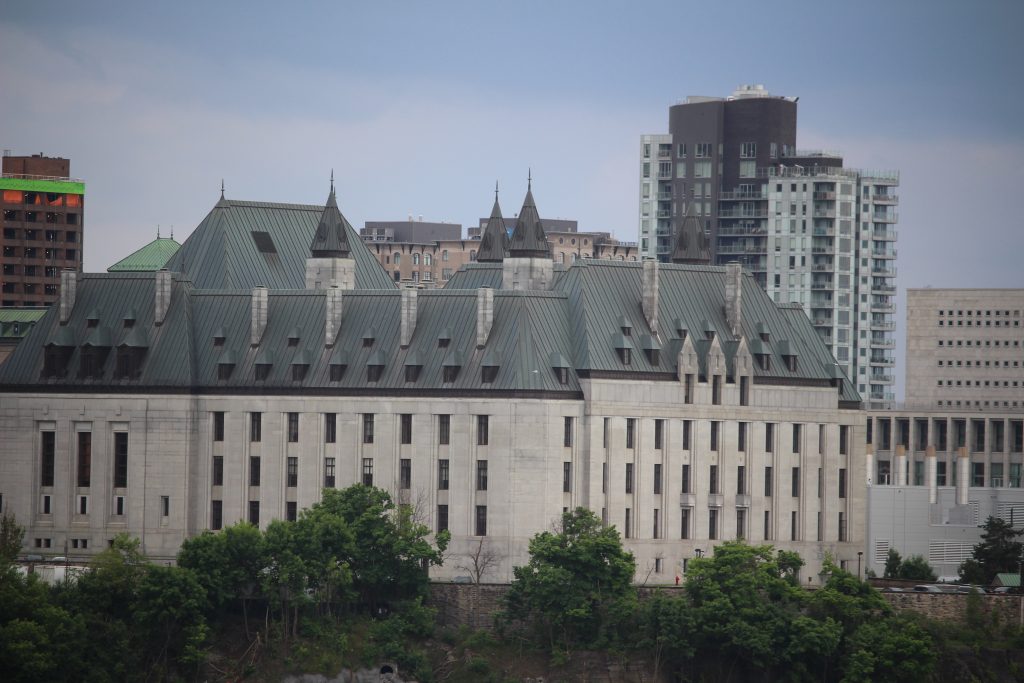
One year ago, those of us in the religious freedom field were waiting with great anticipation the June 15, 2018 decisions of the Supreme Court of Canada (SCC) concerning Trinity Western University’s (TWU) bid to have a law school. (One decision on the Law Society of BC’s refusal to accredit TWU and the other of the Law Society of (Upper Canada) Ontario’s refusal.)
TWU’s would have been the first openly Christian law school in the country. It is beyond belief that a liberal democratic country like Canada does not have a law school at any of its many Christian universities. Especially is this surprising when you consider that law, medicine and theology were traditionally the big three pursuits of higher Christian education.

The TWU proposal faced strident opposition from the media, the academics and the legal profession throughout Canada. Any supporters who voiced their support of TWU were quickly informed that if they knew what was best for their careers they better keep quiet. The animosity was palpable. Christian law students felt the heat. In a more precarious position were the law professors – and especially if they had yet to obtain tenure. We can gauge just how free we are in this country by how the Christian communities are treated in the academic and professional halls.
The opposition argued that TWU’s admissions policy requiring students to sign a Community Covenant Agreement (CCA) that supported traditional marriage (one man and one woman) was discriminatory. They were upset that anyone applying to the law school that did not believe in the teachings of the religious university would be discriminated against because they could not sign the agreement.
Lost on the opposition was the context in which this new law school would be established – in a decidedly Christian university. No one was required to attend the school. It is private. If one could not – or would not sign the CCA they had plenty of other options throughout the country. However, that response was not at all persuasive. Even after TWU lost the case and later removed the requirement that students sign the CCA (faculty and staff are still required) the opposition arose that that was not good enough!
There is so much to say about this case. I am still writing about it. I suspect in one way or another I will be referencing it in my writings for years to come.
It is my view that the SCC’s TWU 2018 decisions of June 15, 2018 are the worst religious freedom decisions ever in our country’s history – for all of the reasons that I have articulated elsewhere. The Christian university community was on the defensive before the SCC called TWU’s policy “degrading and disrespectful” but they are even more so now.
Government decision makers have been given full authority to decide for themselves whether a religious community falls outside of the controversial “Charter values” doctrine. The concept of “Charter values” appears benign but in reality it is an unwieldly notion that was described by the Justices Cote and Brown in their dissent as “entirely the product of the idiosyncrasies of the judicial mind that pronounces them to be so.”

In essence, though “Charter values” are not listed in the Charter but in the mind of a judge, they are used as justification to remove a right that is written in the Charter! That is just unconscionable. But the TWU law school case is a prime example of the abuse of this odious doctrine.
Thus, it was possible, because TWU’s policies were “degrading and disrespectful” in the mind of the majority SCC judges and against the “Charter values,” for the court to hold that it was perfectly reasonable for the law societies to deny accreditation of TWU’s law school. But it gets worse.
The SCC majorty unashamedly said that the Law Society of BC (LSBC) had done a proper balancing of the rights of TWU and those who were offended by their policy. However, as Cote and Brown observed the LSBC did no such thing! The LSBC held a referendum among the BC lawyers as to whether TWU should have a law school and of course TWU lost the vote. That’s what happens to minority rights when the majority doesn’t like them. The LSBC then took the referendum result as the answer – end of story – no need of balancing rights because the majority decided TWU’s fate.
The BC Court of Appeal and the lower court said, in essence, “no that is not what is expected in a liberal democracy you cannot leave it to a referendum!”
Well, the majority at the SCC said otherwise and said that there was a proper balancing of the rights by the LSBC. Wrong. It did not happen! The SCC acted as if the LSBC DID in fact balance the rights when it absolutely DID NOT! It is an unbelievable decision.
I, for one, cannot let those decisions lay on the bookshelves collecting dust. I have to continue reminding Canadians just how outrageous those two June 15, 2018 decisions are. I am of the view that June 15 ought to be Religious Freedom Rights Day in Canada. A day to remember that we must take religious freedom seriously – indeed much more seriously then the Supreme Court of Canada has.
It is for this reason that religious freedom cannot be left up to the courts. We have to speak about the situation. We have to let all elected officials know of the importance of religious freedom. Of course, religious freedom is not unlimited, but the way the Supreme Court of Canada treated religious freedom one year ago must not be forgotten. We have to keep telling the story.
Your continued support of this work is vital!


I agree that June 15 should be Religious Freedom Day. Thank you for your ‘fight’ Barry!